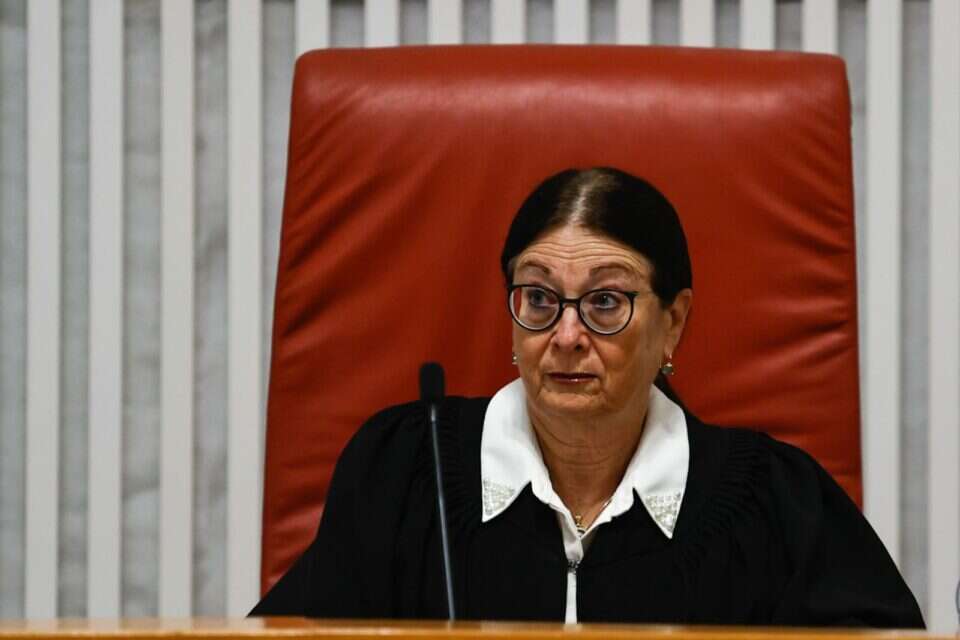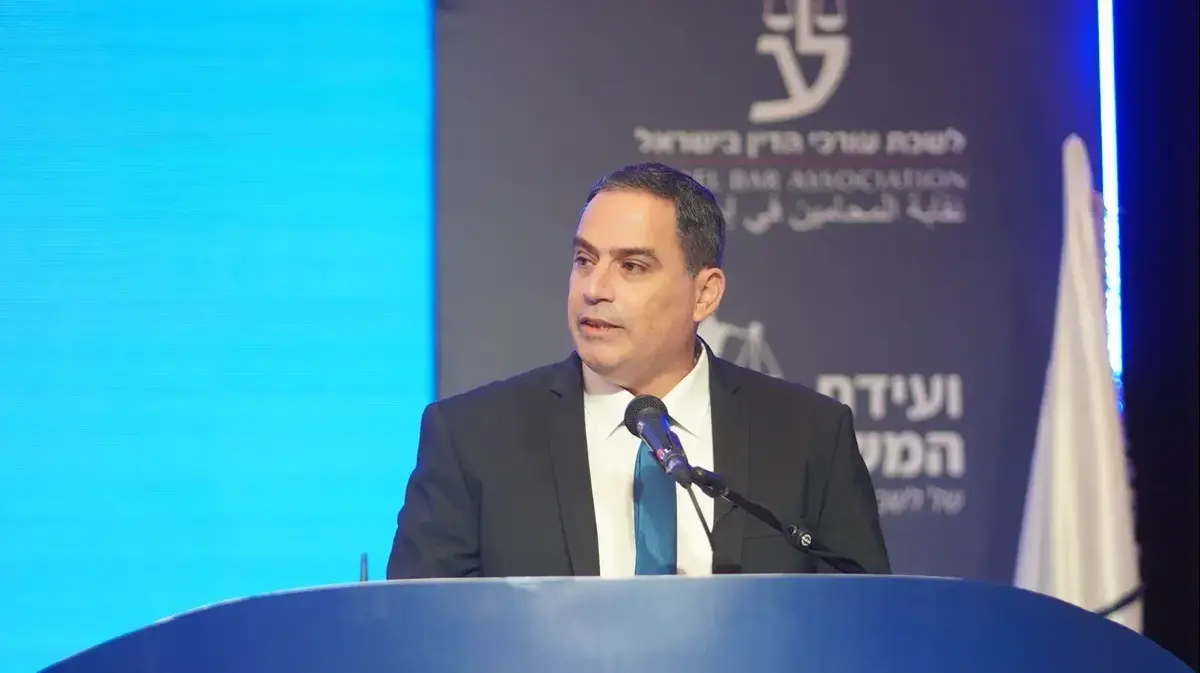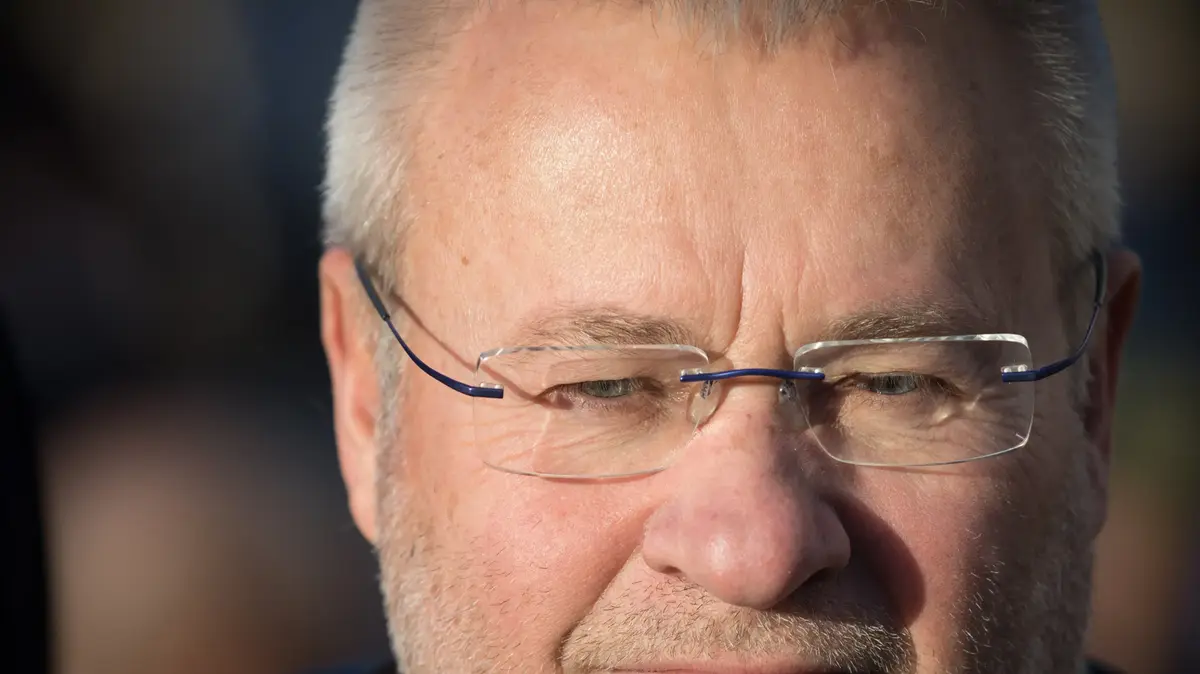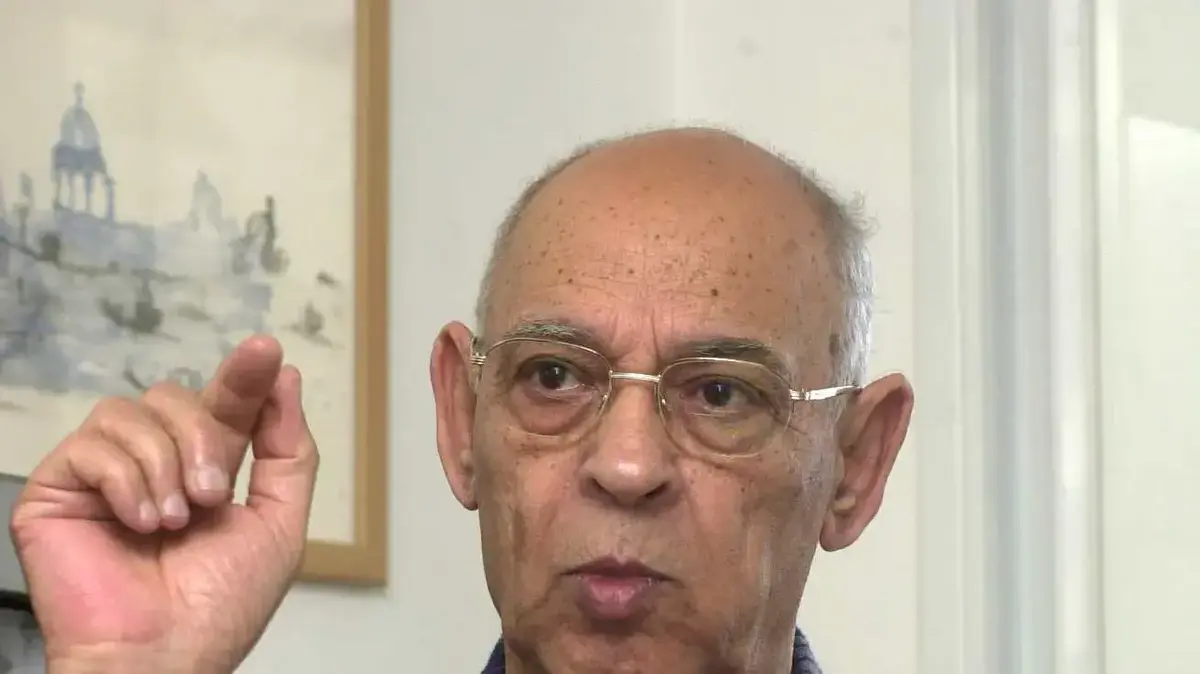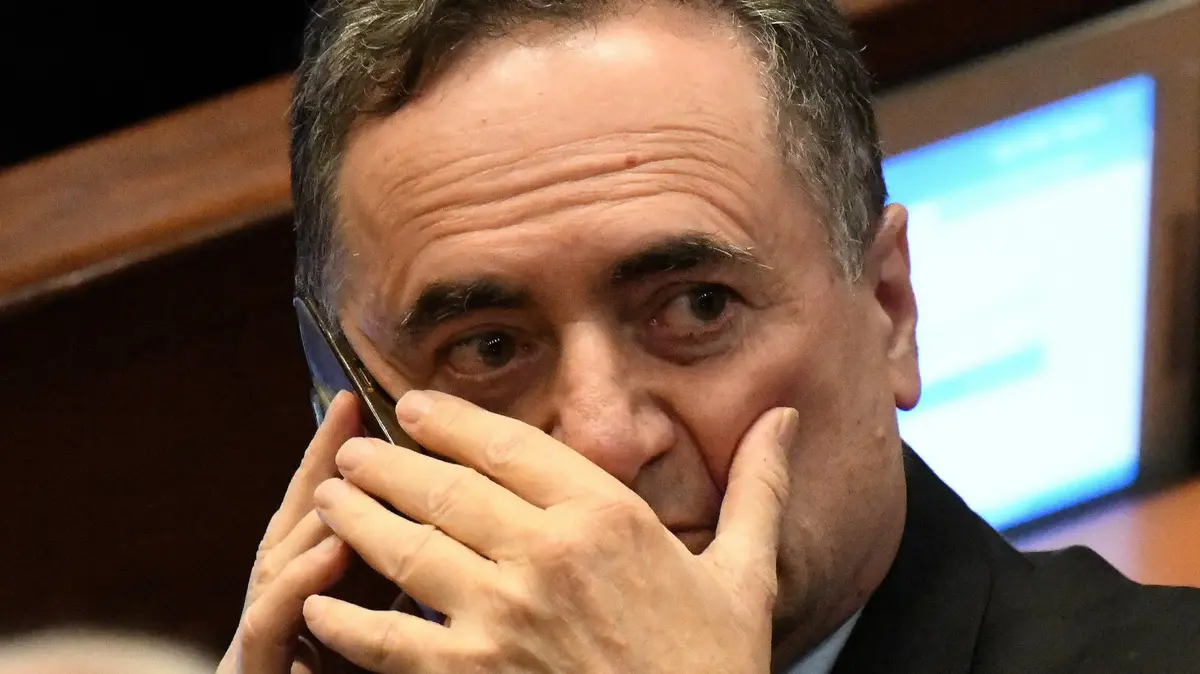The President of the Supreme Court is the most senior and important judge in the court system.
He has the power to shape the court system in terms of formal powers and informal influence.
But strangely, the president was elected according to the principle of seniority, and this is how the identity of a holder of such an influential position is determined, many years before taking office, without consideration, based on a single and irrelevant criterion.
No one would think of appointing a chief of staff or the head of an institution based on an irrelevant criterion of seniority. According to the rule established by the judges, the oldest judge, and not necessarily the most qualified for the position, is appointed president. In reality, apart from legal professionalism, the presidency requires managerial and personal ability, no seniority.
In this sense, Israel deviates both in the many powers given to the president of the Supreme Court in practice, and in relation to the method of appointment to the senior position.
Among the distortions created by the seniority system, the possibility given to a strong president to choose an ideological successor when he appoints a young judge.
The chief architect of judicial activism, Judge Aharon Barak, was appointed at the age of 42 and served for 28 years.
When he was appointed president, he was the oldest but still the youngest of them all.
In the absence of rivals with seniority, Barak gained a superior status.
Barak succeeded, among other things, in imposing his ideological line on the court due to his seniority and decisive authority in determining the judges to be appointed to the system.
The president has a decisive influence on all the judges in the court system.
According to a fundamental law: the judiciary, the judge has no "merit... other than the merit of the law".
In practice, the promotion channels of judges in lower courts depend on the president.
The law authorizes the president to establish rules of ethics for judges.
In a previous round of appointments to the Supreme Court, President Noor issued a directive preventing judges from meeting personally with political parties or with the chairman of the Bar Association regarding their promotion.
It is clear that instructions of this type guarantee that only judges with "an appropriate view" will be promoted.
In the past, the president opposed the appointment of judges who had not previously served on a temporary basis.
The judges serving "on probation" knew who to please.
Only after prolonged activity was this practice abolished.
The supporters of the seniority system claim that this is the only way to prevent politicization of the court system.
They point to the USA, where the judges are appointments of the president and are chosen according to liberal or conservative positions. However, the reality in most western countries, where the court system is seen as more professional and less partisan, proves that it is possible otherwise. In Canada, the president is chosen based on leadership skills, order and personal diplomacy, and not seniority. In the UK, appointment based on qualifications is fixed by law.
In 2017, in the previous presidential nomination round, elected officials tried to abolish the seniority system.
In a stormy debate in the Knesset, President Noor and retired President Barak stood up and warned against the destruction of the court.
The threats worked, and the elected officials folded.
The retirement of the animal carrier in a year is a good opportunity for correction.
The abolition of the archaic system will allow the committee for the selection of judges to exercise independent judgment and choose the most appropriate president.
This step is necessary to strengthen public trust in judges and the court.
were we wrong
We will fix it!
If you found an error in the article, we would appreciate it if you shared it with us

